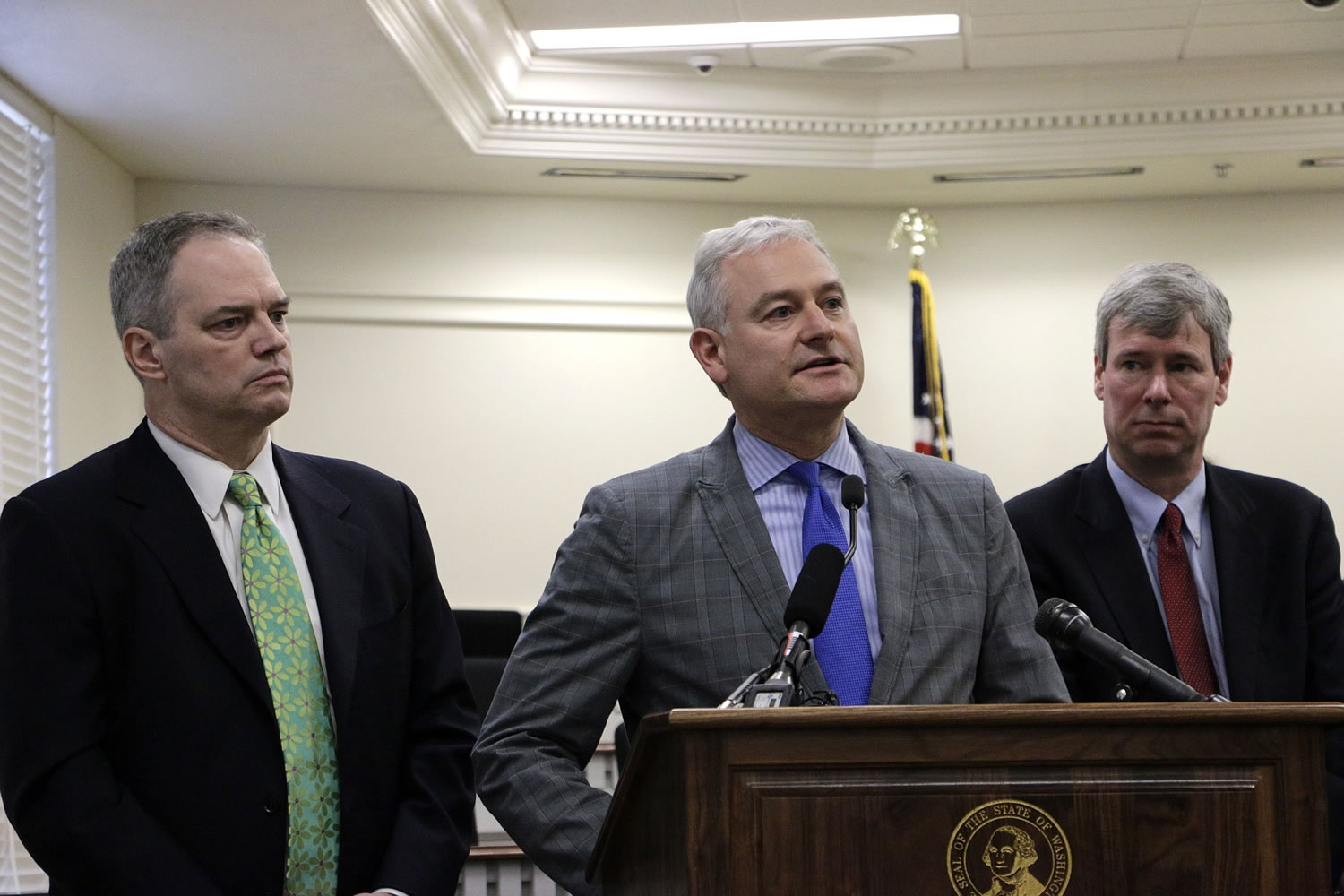Highlights from the $38.8 billion state operating budget for 2016-17 unveiled by Democratic leaders of Washington’s House of Representatives on Friday:
• K-12 EDUCATION: The proposed budget would increase K-12 education funding by $3.2 billion, which is split between new education spending and the amount to cover policy decisions from the previous budget in 2013. New spending items in education include $412 million to reduce class sizes in kindergarten through third grade; $741 million to cover the cost of textbooks, supplies and other costs of running schools; $180 million for all-day kindergarten for children statewide; and $70 million to help make students college- and career-ready via programs including guidance counseling and support for bilingual students.
• MENTAL HEALTH: Partly in response to a Supreme Court decision, House Democrats propose to increase mental health system spending by $103 million, most of which will go to adding more beds in community mental health facilities ($35.1 million) and in competency restoration wards at state hospitals ($23.1 million).
• COLLEGES, UNIVERSITIES: A two-year tuition freeze at the state’s public colleges and universities would cost $106 million, which is the largest single slice of Democrats’ proposed $257 million increase in higher-education spending. Two scholarship programs, the Opportunity Scholarship for low- and middle-income students majoring in science, engineering, math or technology, and the State Need Grant, which currently is not paid to more than 30,000 students who qualify for it, get a combined $113 million in new spending. Starting the new Washington State University Medical School costs another $8 million.




